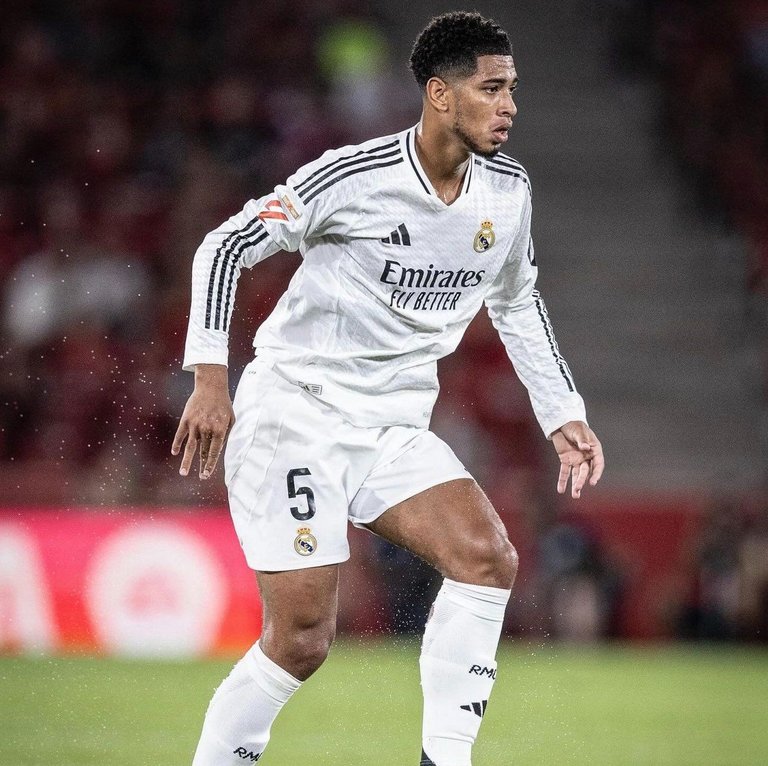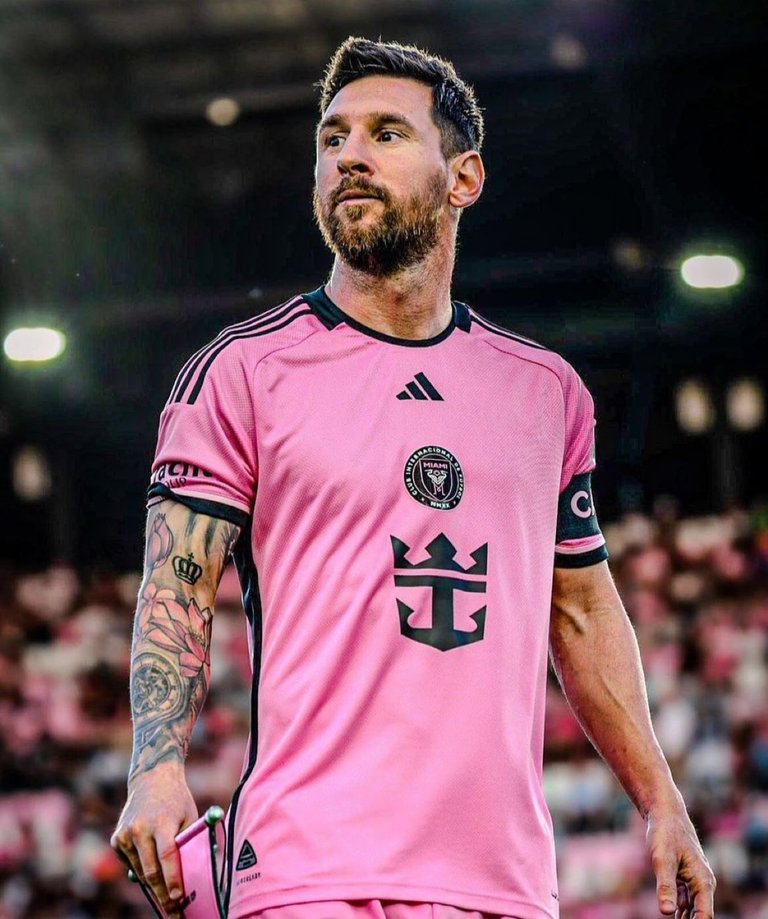
Que los espectadores aman el deporte no es ninguna novedad, no le escapa a nadie que algunos deportes y sus principales protagonistas son seguidos por miles de millones de personas alrededor del mundo, sin importar raza, religión o lugar de residencia.
Especialmente no le es ajena esta noticia a todos aquellos que hacen y crean negocios alrededor de los espectáculos deportivos, sean empresarios, emprendedores, visionarios o dirigentes. La ecuación es sencilla, millones de espectadores y aficionados equivale a millones de dólares.

El fútbol es un gran negocio, en menor medida para los futbolistas que son la carne de cañón de la ecuación, aunque sus ingresos en ocasiones les hacen olvidar ese molesto detalle; también los fanáticos somos parte por supuesto, con toda seguridad la más prominente, aunque solo obtenemos el ingrediente romántico del asunto. Las grandes ganancias son para otros, es casi ridículo mencionar que en general los principales beneficiados no son precisamente los que dan el espectáculo sino quienes organizan, dirigen o divulgan. No les quitamos mérito por supuesto, pero a la hora de los repartos, ¡menuda tajada conservan!
Entre todos los negocios derivados del fútbol, ya que estamos hablamos un poco del deporte más popular del planeta, está el de las camisetas, jersey o dorsales si lo prefieren. La enorme cantidad de fanáticos que siguen a un equipo o a un futbolista compran a destajo la camiseta con los colores y el número que lleva el elegido. Inclusive hay quienes tienen colecciones de los principales jugadores que están o han pasado por su equipo favorito y no importa si el deportista continúa en actividad, si se ha retirado, incluso si ha muerto.

Tanto se ha desarrollado la actividad conocida como mercadeo o comercialización de artículos deportivos que los principales jugadores incluyen en sus contratos cláusulas que les dejan en sus cuentas bancarias parte de los ingresos que obtienen las grandes marcas que fabrican, distribuyen y comercializan tales productos. Y no solo los jugadores, también los clubes participan del festín de esa rica y nutritiva torta.
En Europa la venta de dorsales es extraordinaria y según Fanatics.com en estos momentos y con cierta sorpresa Jude Bellingham del Real Madrid está en la delantera seguido de cerca por el letal goleador Erling Haaland del City y en un tercer lugar otro merengue, Kylian Mbappé que pese a quedar debiendo y mucho todavía, su fama puede más y los fanáticos esperan que retorne con goles y actuaciones descollantes todo lo que promete.
En esa lista de los 10 futbolistas que más camisetas venden hay varias sorpresas como la de Marcus Rashford, el delantero del Manchester United que está en cuarto lugar o el quinto puesto del coreano Son Heung-min del Tottenham, también es bastante sorpresivo el octavo lugar de Alejandro Garnacho aunque es evidente, según esta lista, que el fútbol inglés es de los más fuertes económicamente hablando.

En el mercado económicamente más fuerte del mundo, me refiero a los Estados Unidos y su liga MLS, el sitio MLSstore.com también ha publicado su propia lista local y allí no provoca ninguna sorpresa que Messi lidere el ranking por segundo año consecutivo luego de su arribo a esa liga, segundo se encuentra su compañero de equipo y mates, el gran goleador uruguayo Luis Suárez, en tercer lugar, el franco-gabonés Denis Bouanga del club Los Ángeles FC quizás cause alguna sorpresa, principalmente para aquellos que no siguen la MLS. Otros conocidos integrantes de esta lista son Olivier Giroud compañero de Bouanga que está en el puesto seis en ventas y el español Sergio Busquets compañero de Messi en el puesto once.
Aqui en mi país, la camiseta número 10 de la selección nacional con el apellido Messi estampado en su espalda lidera por escándalo las ventas y la cantidad de mercadería apócrifa que se fabrica, vende y en ocasiones es decomisada, supera ampliamente la fabricación y venta de la original.
La torta es grande y algunos participantes apócrifos y circunstanciales, que se manejan en la periferia del negocio principal, también quieren su porción en el banquete.
Mientras tanto los que pagamos nos contentamos con tener en nuestros cajones el símbolo de la alegría y el orgullo, quizás sea necesario y suficiente.
Fans and money
It is not news that spectators love sports, and it is not lost on anyone that some sports and their main protagonists are followed by billions of people around the world, regardless of race, religion, or place of residence.
This news is especially not foreign to all those who make and create businesses around sporting events, whether they are businessmen, entrepreneurs, visionaries, or leaders. The equation is simple, millions of spectators and fans equal millions of dollars.
Football is big business, to a lesser extent for footballers who are the cannon fodder of the equation, although their income sometimes makes them forget this annoying detail; fans are also part of it, of course, certainly the most prominent, although we only get the romantic ingredient of the matter. The big profits are for others, it is almost ridiculous to mention that in general the main beneficiaries are not precisely those who put on the show but those who organize, direct, or publicize it. We do not take away their merit of course, but when it comes to the distributions, they keep a small slice.
Among all the businesses derived from football, since we are talking a little about the most popular sport on the planet, there is the business of shirts, jerseys or numbers if you prefer. The enormous number of fans who follow a team or a footballer buy the shirt with the colors and numbers that the chosen one wears. There are even those who have collections of the main players who are or have been on their favorite team and it does not matter if the athlete is still active, if he has retired, or even if he has died.
The activity known as marketing or commercialization of sports items has developed so much that the main players include clauses in their contracts that leave part of the income obtained by the big brands that manufacture, distribute, and market such products in their bank accounts. And not only the players but also the clubs participate in the feast of this rich and nutritious cake.
In Europe, the sale of shirt numbers is extraordinary and according to Fanatics.com, at the moment and somewhat surprisingly, Jude Bellingham of Real Madrid is in the lead, closely followed by the lethal goal scorer Erling Haaland of City and in third place another Real Madrid player, Kylian Mbappé, who despite still being in debt, his fame is stronger and fans hope he returns with goals and outstanding performances, all that he promises.
In this list of the 10 footballers who sell the most shirts there are several surprises such as Marcus Rashford, the Manchester United striker who is in fourth place or fifth place of the Korean Son Heung-min of Tottenham, the eighth place Alejandro Garnacho is also quite surprising, although it is evident, according to this list, that English football is one of the strongest economically speaking.
In the world's most economically powerful market, I'm referring to the United States and its MLS league, the MLSstore.com site has also published its local list and it is no surprise that Messi leads the ranking for the second consecutive year after he arrived in that league. Second is his teammate and mate, the great Uruguayan striker Luis Suárez, in third place, the Franco-Gabonese Denis Bouanga of the Los Angeles FC club, which may cause some surprise, mainly for those who do not follow the MLS. Other well-known members of this list are Olivier Giroud, Bouanga's teammate in sixth place in sales, and the Spanish Sergio Busquets, Messi's teammate, in eleventh place.
Here in my country, the number 10 national team jersey with the surname Messi printed on its back is the scandalously leading seller. The amount of counterfeit merchandise that is manufactured, sold, and sometimes confiscated, far exceeds the manufacturing and sale of the original.
The cake is big and some apocryphal and circumstantial participants, who operate on the periphery of the main business, also want their slice at the banquet.
Meanwhile, those of us who pay are content to have the symbol of joy and pride in our drawers, perhaps it is necessary and sufficient.
Héctor Gugliermo
@hosgug